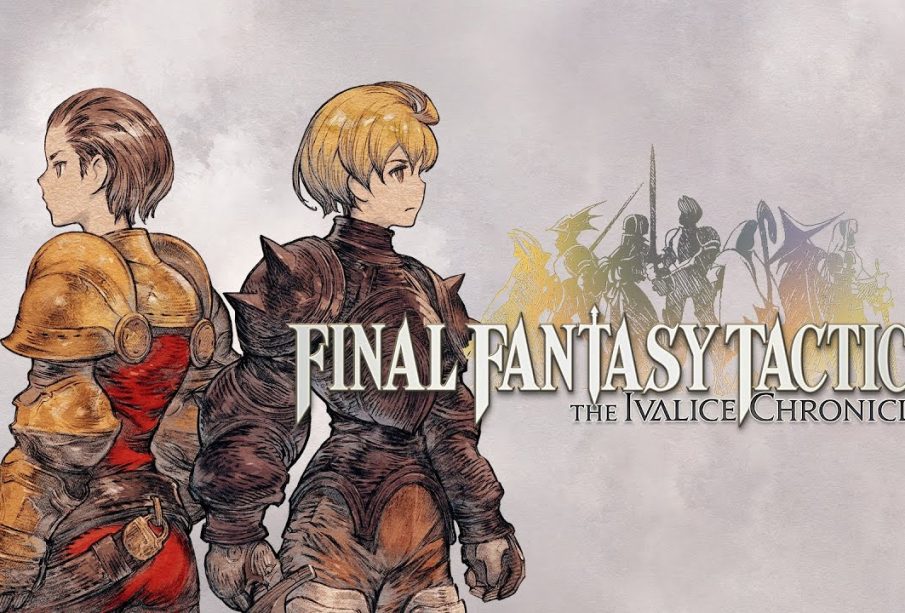Final Fantasy Tactics: Exploring Its Legacy and Impact

Introduction
Released in 1997, Final Fantasy Tactics (FFT) has established itself as a cornerstone of the tactical role-playing game genre. Its combination of deep strategic gameplay, rich storytelling, and intricate character development has left a lasting impression on gamers and developers alike. As fans continue to celebrate its legacy over two decades later, it remains relevant in today’s gaming landscape, serving as inspiration for countless titles within and outside the Final Fantasy series.
The Gameplay Mechanics
At the heart of Final Fantasy Tactics lies a grid-based battle system that emphasizes strategic planning and tactical execution. Players command a party of characters with distinct classes and abilities, allowing for diverse strategies during encounters. The game introduced innovations like elevation factors and terrain advantages, encouraging players to consider the battlefield’s layout in their plans. Such mechanics laid the groundwork for future tactical games, showcasing the need for strategic depth and player agency.
Story and Characters
FFT’s narrative is heavily influenced by political intrigue and personal betrayal, focusing on the tale of Ramza Beoulve and his fight against corruption within the kingdom of Ivalice. Its mature themes, engaging character arcs, and morally gray narrative have garnered praise for their complexity. The game tackles topics such as class disparity and war’s consequences, setting it apart from other fantasy RPGs of its time. The rich tapestry of characters, each with their own motivations and backgrounds, enhances the overall experience, making the player reflect on their choices and alliances.
Modern Reception and Legacy
In recent years, Final Fantasy Tactics has seen a resurgence in popularity, thanks in part to remasters and ports on various platforms, including the PlayStation Portable (PSP) release of Final Fantasy Tactics: The War of the Lions in 2007. This version introduced updated graphics, additional content, and improved gameplay mechanics. Newer generations discover the tactical brilliance packed into this classic title, demonstrating its timeless appeal.
Conclusion
The continued relevance of Final Fantasy Tactics highlights its monumental impact on the RPG genre and the wider gaming community. As newer games try to replicate its success, it serves as a reminder of the depth and complexity that can be achieved within interactive storytelling. Looking forward, the game’s legacy will undoubtedly persist, inspiring game designers and captivating players, ensuring that FFT remains a beloved classic for years to come.





